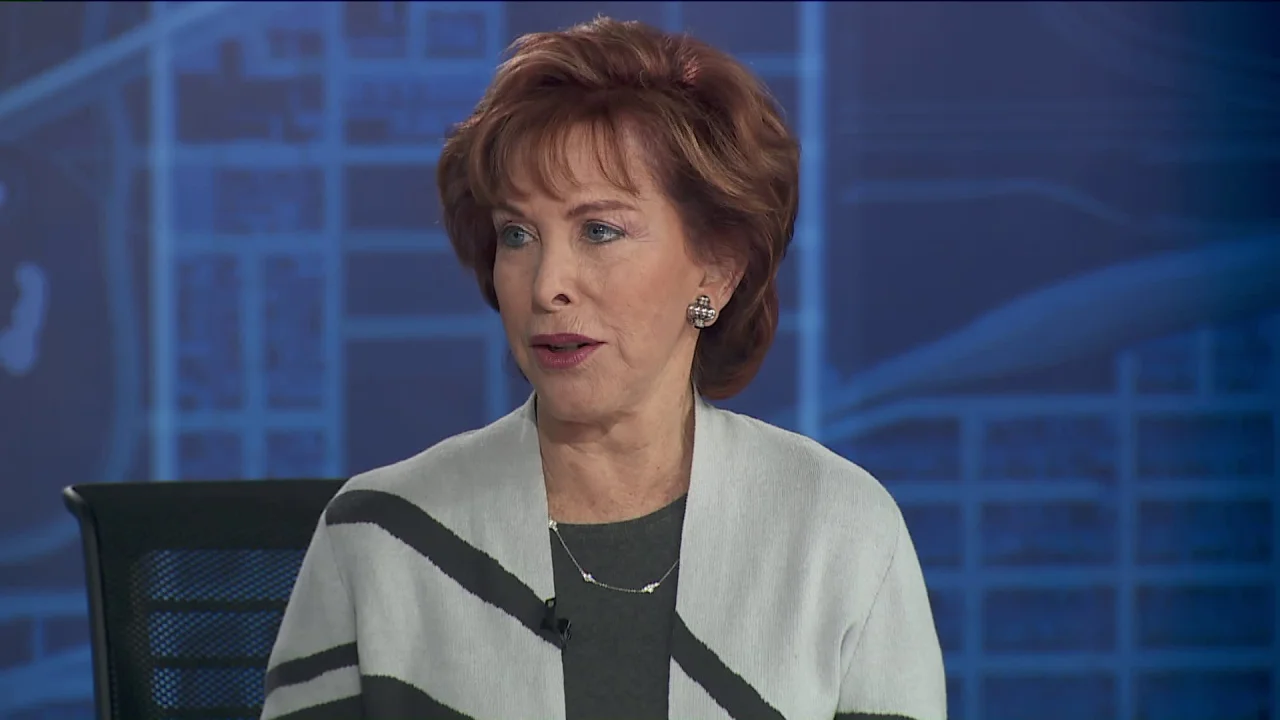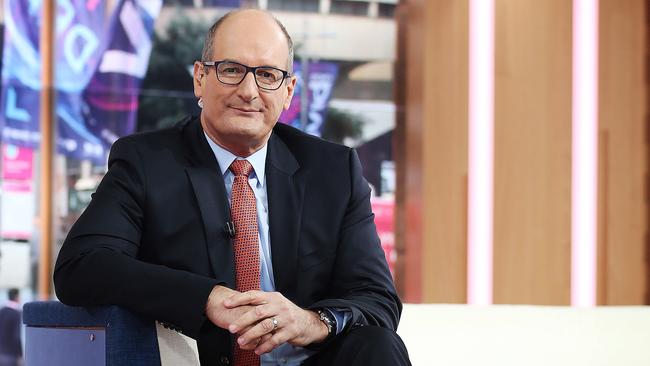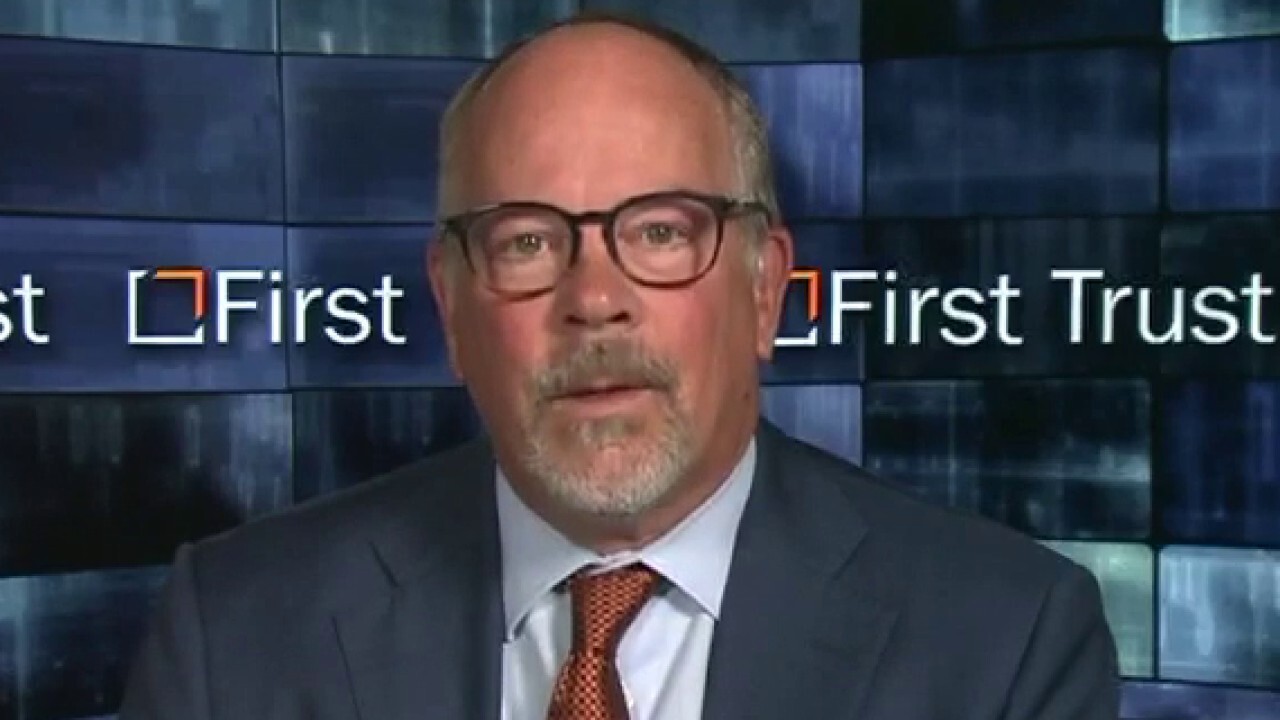Quick search
⌘+K
Quick search
⌘+K
Nouriel Roubini is CEO of Roubini Macro Associates, LLC, a global macroeconomic consultancy firm in New York. He is also Chief Economist for Atlas Capital Team LP, as well as Co-Founder of Rosa & Roubini Associates.
At a 2006 address to the International Monetary Fund, Roubini warned of the impending recession due to the credit and housing market bubble. His predictions of these upside-down balance sheets became a reality in 2008, with the bubble bursting and reverberating around the world into a global financial crisis lasting well into the next decade.
Nouriel Roubini has extensive policy experience as well as broad academic credentials. He is Professor Emeritus (2021-present), Professor of Economics (1995-2021), Stern School of Business, New York University.
He was Co- Founder and Chairman of Roubini Global Economics from 2005 to 2016 – a firm whose website was named one of the best economics web resources by BusinessWeek, Forbes, the Wall Street Journal and the Economist.
From 1998 to 2000, he served as the senior economist for international affairs on the White House Council of Economic Advisors and then the senior advisor to the undersecretary for international affairs at the U.S. Treasury Department, helping to resolve the Asian and global financial crises, among other issues.
The International Monetary Fund, the World Bank and numerous other prominent public and private institutions have drawn upon his consulting expertise.
Nouriel Roubini has published numerous theoretical, empirical and policy papers on international macroeconomic issues and coauthored the books “Political Cycles: Theory and Evidence” (MIT Press, 1997) and “Bailouts or Bail-ins? Responding to Financial Crises in Emerging Markets” (Institute for International Economics, 2004) and “Crisis Economics: A Crash Course in the Future of Finance” (Penguin Press, 2010).
His new book (forthcoming in October 2022) is “Megathreats: Ten Dangerous Trends That Imperil Our Future And How To Survive Them” (Little Brown). Dr. Roubini’s views on global economic issues are widely cited by the media, and he is a frequent commentator on various business news programs. He has been the subject of extended profiles in the New York Times Magazine, The Financial Times, among other leading current-affairs publications.
He is published monthly as a columnist with Project Syndicate. He also hosted www.NourielToday.com where is perspectives can be found and co-runs the site www.theboombust.com, an economic indicator research service.
Dr. Nouriel Roubini received an undergraduate degree at Bocconi University in Milan, Italy, and a doctorate in economics at Harvard University. Prior to joining Stern, he was on the faculty of Yale University’s department of economics.
Contact us at Banking Speakers and follow us on Facebook
The outlook for the global economy and financial markets is mixed. The positives and upside include a pick-up in global growth after years of a new mediocre, profitable corporate firms, better business and consumer confidence, more optimistic investors with markets in risk-on mode, the rise of emerging markets, new technologies and innovation.
The downside are however several: uncertainties about Trumponomics, the risks of European and Eurozone dis-integration, the potential for a hard landing of highly indebted China, the sluggish global growth and productivity in a world of high private and public debts, the frothiness in financial markets and the risks of assets and credit bubbles fed by easy monetary policies, the backlash against globalization and geopolitical risks.
Markets are now bullish is not bubbly but the economies are still sluggish. Roubini argues that a new policy framework is needed to minimize the downsides and maximize the upsides.
Uncertainties remain about the economic policies of Trump and their impact on the US economy and markets. Since the presidential election investors have become bullish pushing financial markets to new highs while business and consumer confidence have risen in spite of still sluggish growth.
Investors hope that fiscal stimulus, infrastructure spending, tax reform and deregulation will boost growth and markets. A honeymoon can continue for quite a while if positive policies are properly implemented. But markets may be overestimating Trump’s ability to deliver positive policy changes and the impact of such changes on a potential growth that is kept low by longer term and structural forces.
Markets may also be underestimating some of the potential negatives of Trumponomics: protectionism and the risk of trade wars; restrictions to migration that may slow growth in an ageing society; inefficient micro-management of the decisions of the corporate sector on where to produce, invest and hire; a sub-optimal policy mix with loose fiscal policy in an economy close to full employment that will force the Fed to tighten sooner and more; that could lead to higher interest rates and a stronger dollar that will hurt jobs and growth.
Roubini argues that the jury is still out on whether Trumponomics will be more populist and protectionist or more mainstream and pragmatic, even if the latter scenario looks more likely.
The profiles and images embedded on these pages are from various speakers and talent.
These remain the property of its owner and not affiliated with or endorsed by Banking Speakers
Fee ranges listed on this website are intended to serve as a guideline only and in currency USD.


Finance Trends






Global Finance






Political Expert


Expert Economist
No results available
Reset© All rights reserved. Banking Speakers is a division of Hesketh Media LLC